The new school year can mean excitement and new beginnings for many students. However, for some youth on the autism spectrum, aspects of a new school year can also be stressful and lead to feeling overwhelmed. There are several ways families can prepare for this change and promote a successful transition back to school.
- Before the start of the school year, talk to your child’s teachers about how they learn best. Consider creating and providing teachers with a one-page profile on your child’s strengths, skills they are working on and strategies that do and do not work for promoting their engagement and availability for learning. The following blogpost guides parents in how to create such a page: How to Make a One Page Profile. Older students can generate their own letter to their teachers; it will help engage their teachers and make a positive impact.
- Take a tour of the school and your child’s classroom before the first day of school, during a time when it is calm and other students are not present. If possible, request a 1:1 meeting with your child’s teacher(s), and walk around the school to point out important locations (e.g., locker, bathrooms, main office, cafeteria, gym). If helpful, take pictures of these locations and teachers to create a social story for your child. Older students benefit from learning how to navigate the school to change classes and practice opening their locker.
- Practice the morning routine in the days (or weeks) leading up to the first day of school to build predictability and reduce anxiety about the upcoming change. As many children’s sleep and wake schedules may be different during summer vacation, slowly work to putting your child to bed and waking them up closer to their bedtime and wake up time during the school year (e.g., modifying each end of the schedule by 5 or 10 minutes a night). Don’t forget to practice the walk to the bus stop if your child will be taking the bus, including reminding them where to get off on the way home!
- Talk to your child about what to expect in the new school year, identifying what will be similar to the prior school year (they still get lunch break) and what will differ (changing classes, more students…). Brainstorm possible challenges and how to problem solve these obstacles (e.g., using role play). Identify safe adults your child can seek support from.
Additional details on preparing for the new school year can be found at:
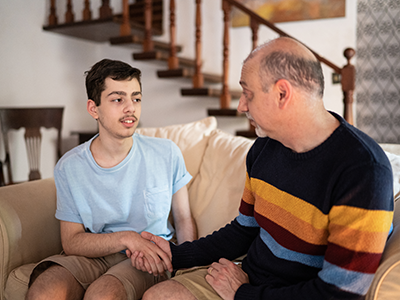 https://riseandshine.childrensnational.org/wp-content/uploads/2022/05/Father-and-son-talking-at-home-feature.png
300
400
Rise and Shine
https://riseandshine.childrensnational.org/wp-content/uploads/2017/11/childrens_riseandshine_logo.jpg
Rise and Shine2026-02-02 01:12:352026-02-02 15:21:38Talking to your child about their autism diagnosis
https://riseandshine.childrensnational.org/wp-content/uploads/2022/05/Father-and-son-talking-at-home-feature.png
300
400
Rise and Shine
https://riseandshine.childrensnational.org/wp-content/uploads/2017/11/childrens_riseandshine_logo.jpg
Rise and Shine2026-02-02 01:12:352026-02-02 15:21:38Talking to your child about their autism diagnosis



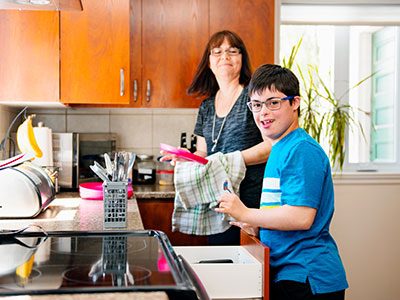
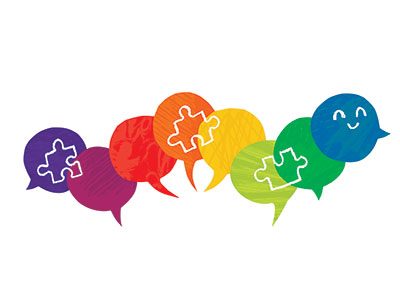
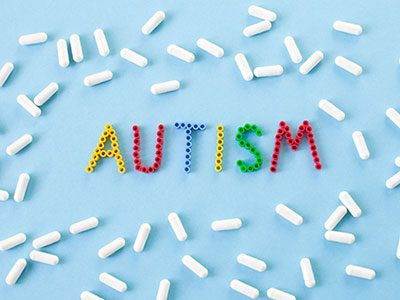
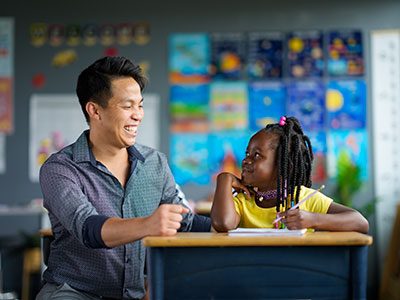









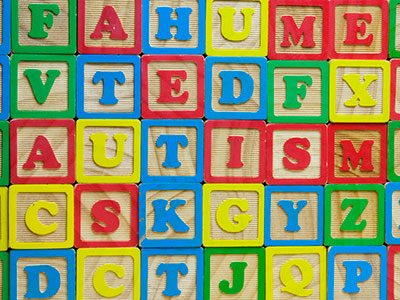




Leave a Comment
Want to join the discussion?Feel free to contribute!